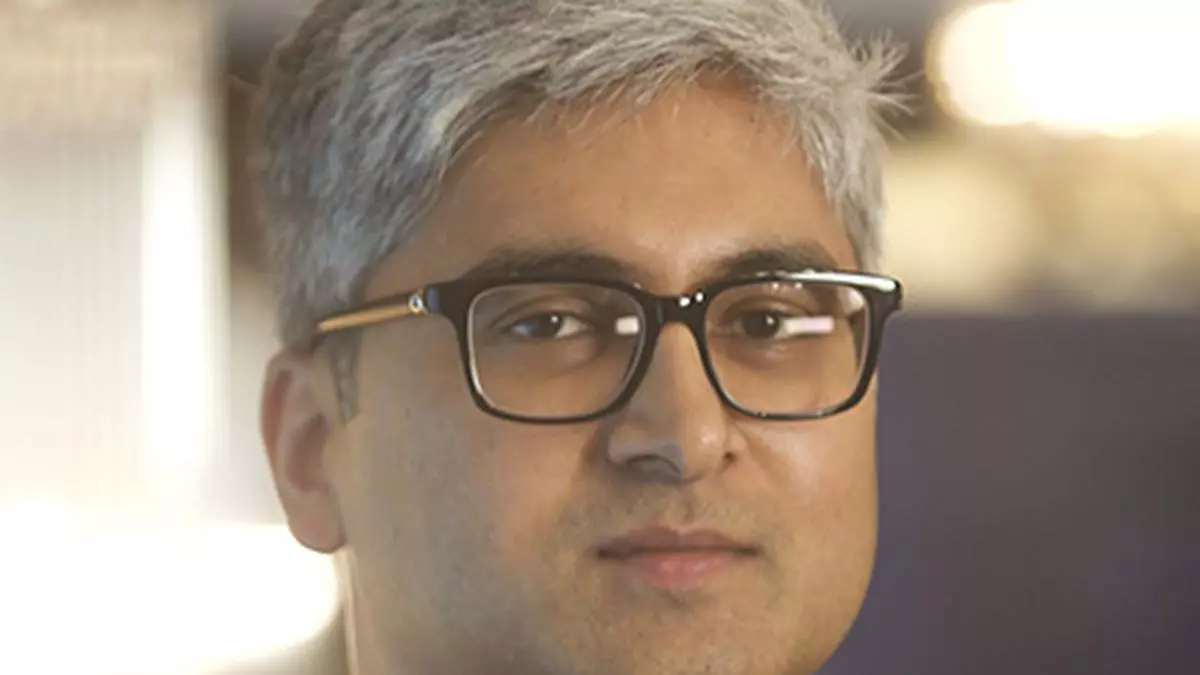Star Health to open 1,000 sales offices in Rural India this fiscal: MD & CEO Anand Roy
Star Health and Allied Insurance Company Ltd. (Star Health), a leading independent private health insurance company, plans to set up 1,000 new sales offices this financial year as part of its overall efforts to deepen its penetration into rural India, Anand Roy, chief executive officer said the general manager.
This company has now also decided to ramp up its ‘wellness’-related offerings in the coming days and treat it as an area of focus.
“By integrating wellbeing into our insurance offerings, Star Health will empower our policyholders to take charge of their health and proactively manage their wellbeing,” said Roy. business line In an interview in DC.
Now is the time to improve your wellness orientation. “It’s not just about managing hospital costs, but also about how they keep (clients) out of hospitals,” Roy said.
“Our wellness programs follow the motto of ‘from illness to wellness.’ We already have outpatient clinics. We also have a telemedicine service
In addition, we plan to leverage data and technology to identify risks in the health of our policyholders and provide tailored recommendations for wellness.”
Also read: Health insurance: why you should play it safe
Noting that rural India is now a big focus area for the company, Roy said the good thing is that the cost of operations in rural areas is low. “The level of aspiration in rural India is as high as urban India. They (people in rural India) don’t buy cheap policies. They buy appropriate health insurance plans. The ticket size is also similar,” Roy said.
Currently, Star Health, which already has 200 branches and 500 sales offices in rural India, gets 25 percent of its total revenue from rural India. This private health insurance company sees great opportunities for growth in the semi-urban and rural areas of India.
“The company’s philosophy has been to push the boundaries of health insurance. A rural focus is part of the philosophy as we want all Indians to have access to health insurance. This is in line with the insurance regulator’s current thought process even though we started much earlier,” Roy said.
For the financial year ended 31st March 2023, Star Health recorded retail health insurance premiums of Rs. 11,948 crore, a growth of 18 percent over the previous financial year. Star Health has a 34 percent health retail market share in the Indian general insurance industry as of March 31, 2023.
This company was in fiscal year 23 It recorded a net profit of ₹619 crore Compared to a net loss of Rs. 1041 crore in the previous fiscal.
Also read: Buy health insurance at 30 for 60
Roy said Star Health is now looking at a 20 percent increase in retail premiums in each of the next four to five years. It also expressed confidence that the current accumulated losses on its balance sheet – largely triggered by the increase in Covid-related claims – had been wiped out from these public finances.
In April this year, this independent health insurer registered a 25 per cent increase in total direct premiums at Rs. 823.3 crore (Rs. 658.5 crore in April 2022), as per the latest filing on the exchanges.
Bancassurance
Roy said Star Health is now in active talks with large private sector banks to enter into Bancassurance tie ups.
We already have links with large public sector banks. We have medium sized private sector banks. What we don’t have are big private banks. We talk to all of them. “We expect something to happen in bancassurance in a big way this year,” said Roy.
Star Health recently partnered with Standard Chartered Bank and Postal Payments Bank of India.
Also read: IRDAI opens the doors of bancassurance to deepen insurance penetration
However, Roy emphasized that Star Health will continue to be an agency driven organization and the existing 6 lakh plus agents will continue to play a large role. Almost 80 percent of the company’s business comes through the agency channel.
On the capital raising, Roy said the company is comfortable on the capital front.
“Since we are back to profitability, we can keep our earnings which will fund our growth. There is no plan to raise capital. We also have a secondary debt path if the need arises,” he added.
